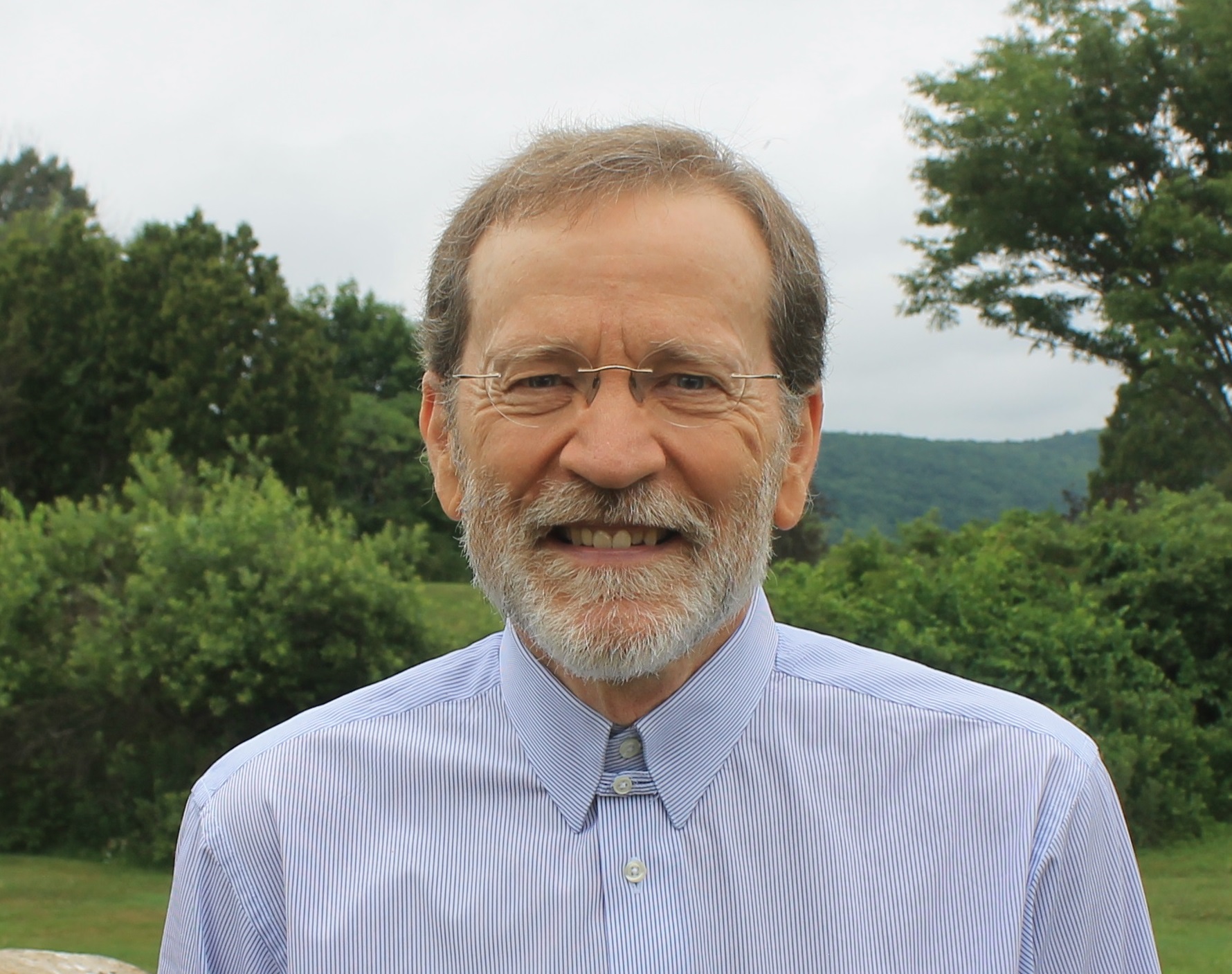The late Rev. John Clifford Rankin was President of the Theological Education Institute (TEI), International (teii.org), which he founded in 1986, following and during his years in pastoral and pro-life ministry.
John was a graduate of South Kent School, Denison University (B.A. History), Gordon-Conwell Theological Seminary (M.Div.) and Harvard Divinity School (Th.M. Ethics and Public Policy); and was pursuing an M.Phil. and Ph.D. on Hebrew Covenant and Political Freedom (looking at the work of Jewish political theologian Daniel J. Elazar), at the Oxford Centre for Mission Studies, before his passing in 2020. Among many ministry endeavors, he wrote a number of books, which include 1) The Six Pillars of Biblical Power, 2) The Six Pillars of Honest Politics, 3) Jesus, in the Face of His Enemies, 4) Genesis and the Power of True Assumptions, 5) The Real Muḥammad: In the Eyes of Ibn Isḥāq, 6) The Judas Economy, 7) Changing the Language of the Abortion Debate, 8) Moses and Jesus in the face of Muhammad, 9) The Freedom to Choose Hell, 10) That Angry Darkness and 11) The Screwtape Text Messages. They are described at johnrankinbooks.com.



